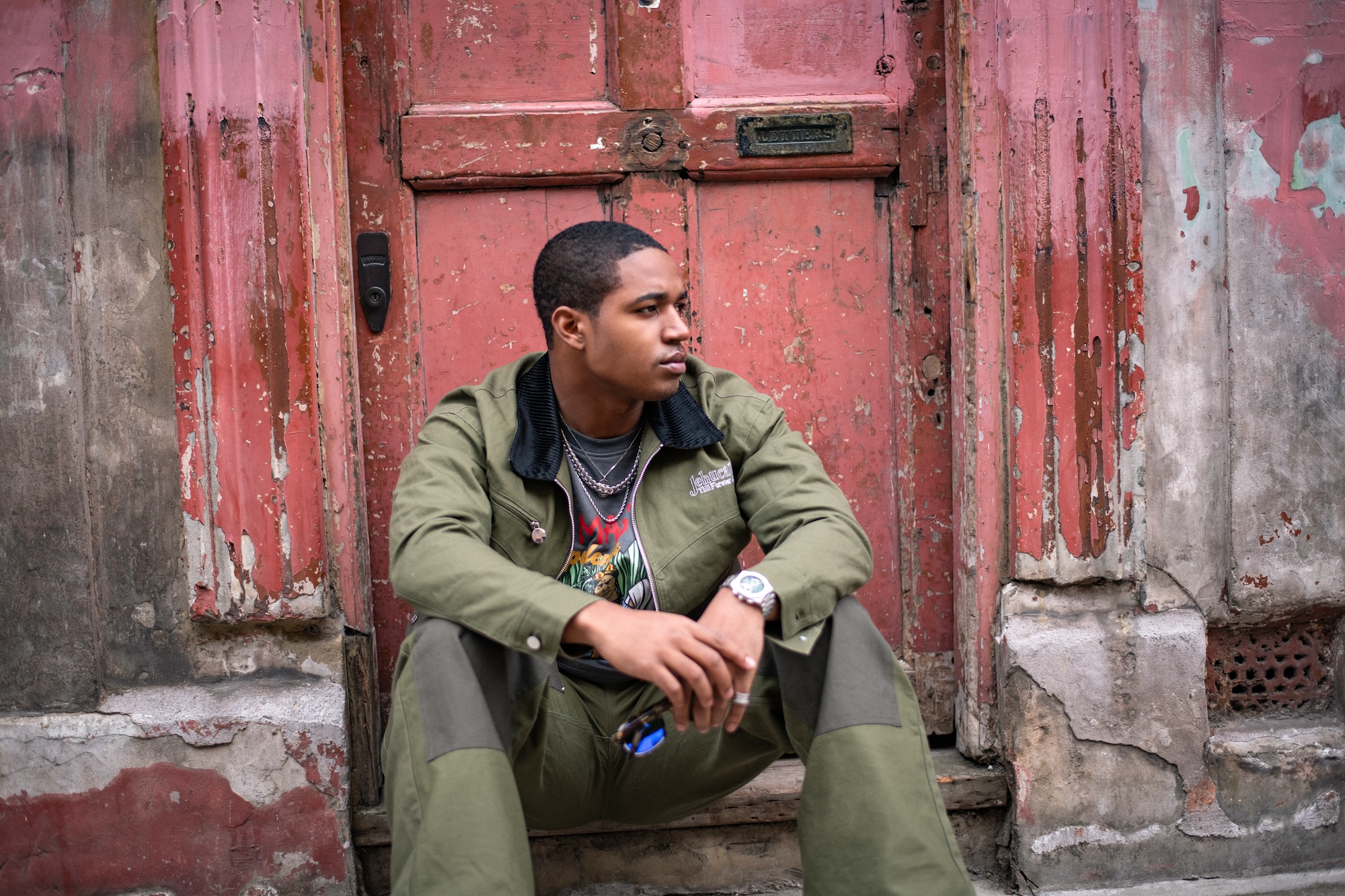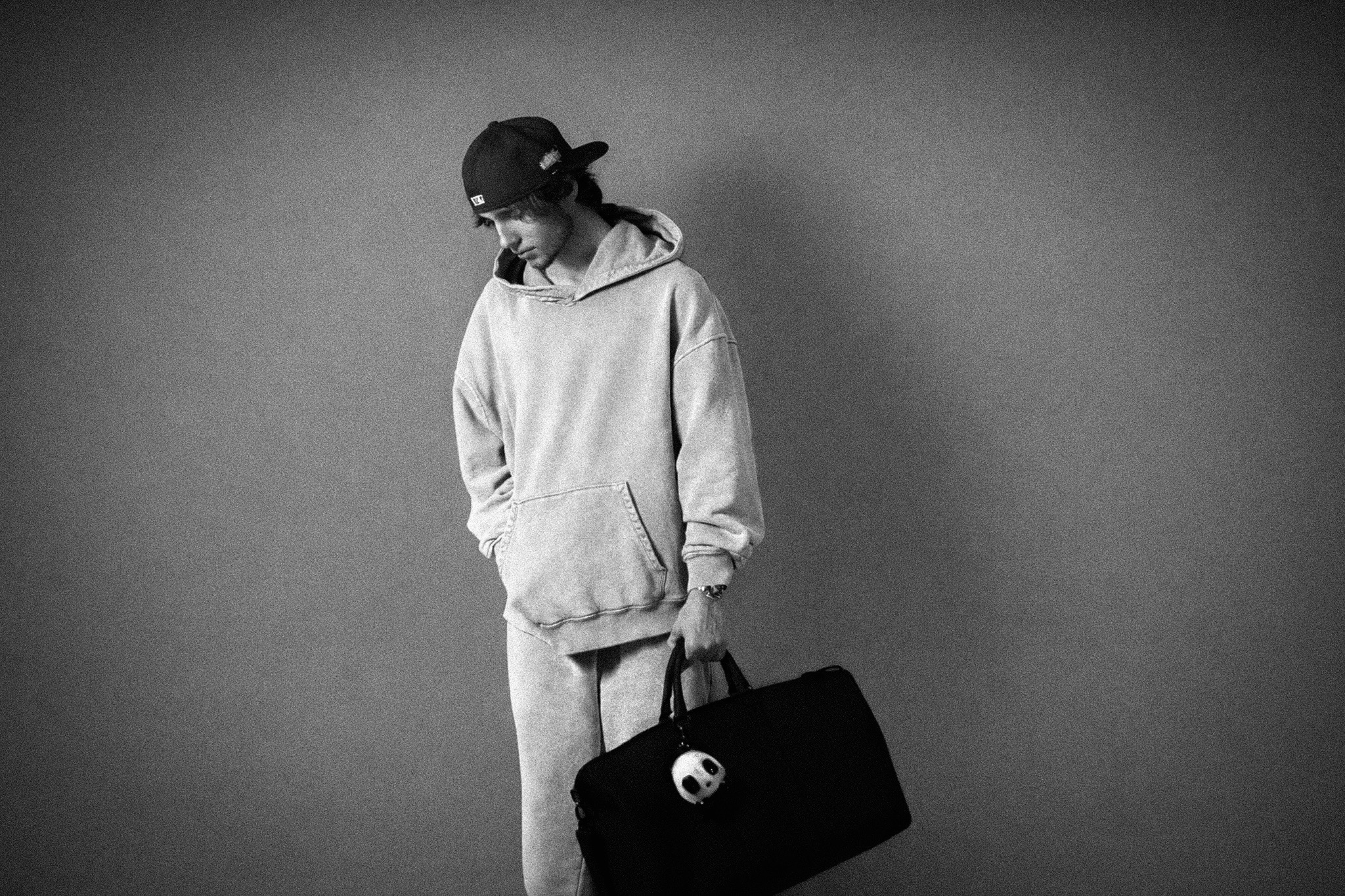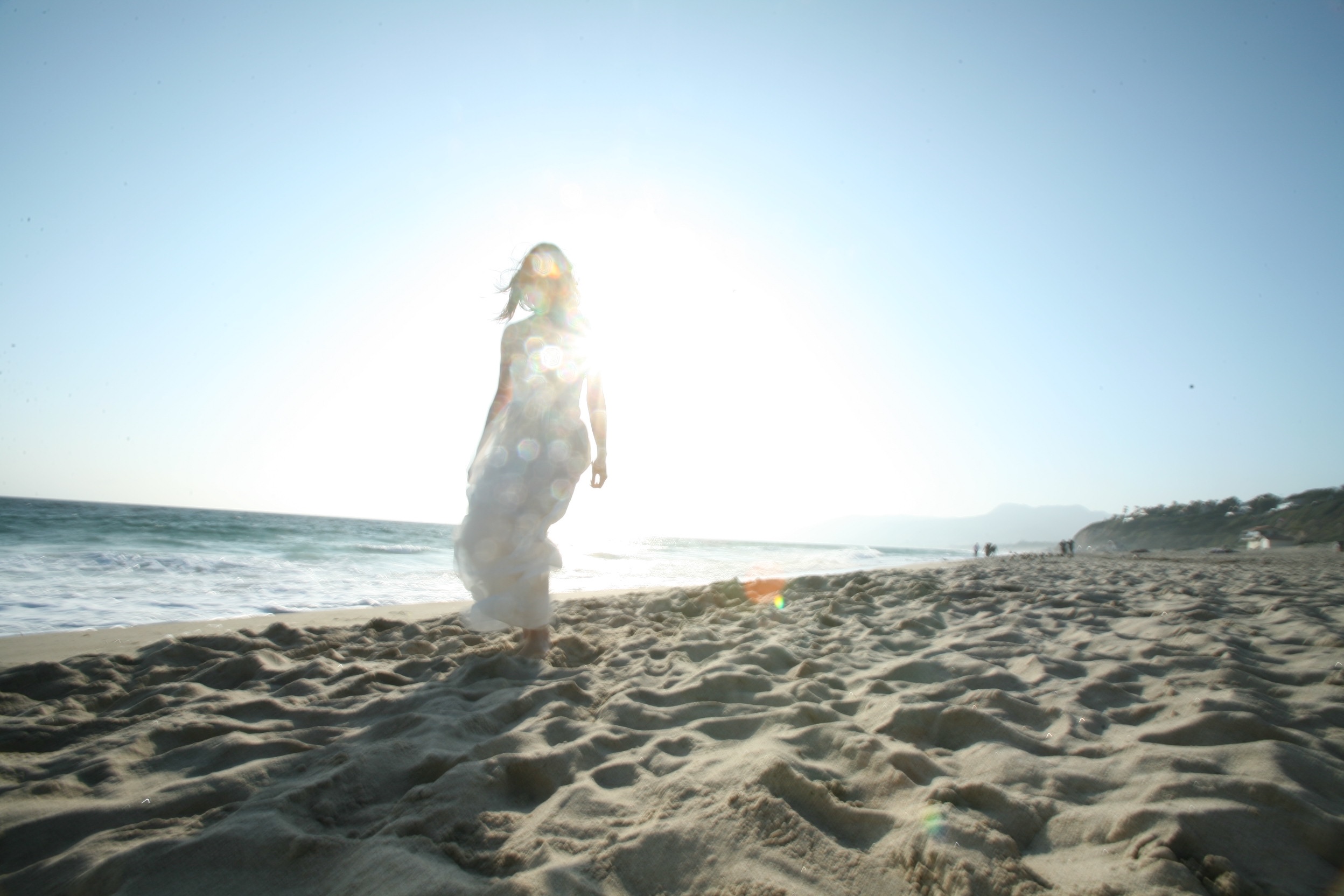On May 15th, the Bass Museum of Art won’t just be displaying art, it will become art.
Composer Nathan Felix returns with Mirrors, his newest immersive opera premiering as part of Third Thursday at The Bass. Known for his boundary-pushing productions in unconventional spaces, Felix is once again blurring the line between performer and observer. Rather than sitting in rows before a static stage, audience members at Mirrors are invited to move freely throughout the museum, following singers as they traverse gallery spaces, a format that recalls the spontaneity of a flash mob, but with the emotional arc and sonic complexity of opera.
At the heart of Mirrors is a story about identity, immigration, and intergenerational hope, inspired in part by the museum’s current exhibition, Performing Perspectives: A Collection in Dialogue. The opera follows two immigrant nurses who confront cultural erasure and the weight of their past while imagining the lives of their future descendants in a shifting America. It’s a narrative that feels both deeply personal and urgently universal, and Felix’s site-specific composition seeks to activate both the acoustics and architecture of The Bass to heighten the emotional impact.
Featuring local Miami talent, including soprano Yingxi Li, baritone Lovell Rose, mezzo-soprano Madison Marie McIntosh, and tenor Pedro Carreras, the opera is conducted by Felix Jarrar with a string ensemble composed of Naeun Ju (violin), Angie Bolivar (viola), and Natalie Van Winkle (cello).
Ahead of the premiere, Too Much Love Magazine spoke with Felix about his creative process, staging in a museum, and why audience participation, or at least proximity, is central to his storytelling.

Your operas often explore themes of identity and cultural memory. How did you shape Mirrors around these personal topics?
Nathan Felix: I shaped a lot of the narrative based on personal and familial experiences. Stories from my grandparents and parents — especially my grandfather, who gained naturalization by serving in WWII — gave me a foundation. Mirrors is a way of honoring those histories while imagining the emotional and psychological toll they continue to have across generations.
You’re known for your guerilla-style presentations. What opportunities or challenges did The Bass Museum pose?
Felix: The Bass has allowed me to activate the space in ways I hadn’t explored before — visually and aurally. The main challenge is creating a surround sound environment where the audience feels like they’re inside the music. It’s not just about acoustics; it’s about immersion.
With a mobile audience and cast, how do you ensure cohesion in the narrative and music?
Felix: We design our staging with fluidity in mind — avoiding bottlenecks and allowing the audience freedom to explore. The performers are trained to maintain their path, regardless of audience behavior, but there’s flexibility built in. If a room becomes too crowded or quiet, a singer can adapt slightly. It’s part choreography, part instinct.
The opera draws inspiration from the exhibition Performing Perspectives. How do the visual artworks inform your staging and themes?
Felix: I study the layout of each gallery and think about how it can represent a symbolic space — heaven and purgatory, or a boat deck and ocean, for example. If a gallery features art about national identity, I might stage a scene that echoes that theme. My goal is to create a dialogue between the opera and the exhibition so the audience experiences both in new ways.

How did you assemble the cast and ensemble, particularly with Miami-based artists?
Felix: I reached out to the Frost School of Music and used Yap Tracker to connect with singers. It’s important to me that each opera reflects the community it’s staged in. Local performers bring authenticity and deepen the connection to the city.
You've created many works that center Latinx and minority stories. How does Mirrors build on that?
Felix: It’s a continuation of that mission. Mirrors looks at identity and assimilation from multiple angles — not just through a Hispanic lens, but also Asian and others. The goal is to represent layered, diverse perspectives in a shared emotional space.
How do you balance giving audiences freedom to move with guiding them through the opera’s emotional arc?
Felix: I resist giving the audience a roadmap. I want them to arrive with no expectations and be led by the music and movement. The composition is intentionally grand and emotionally direct — it pulls you in, even if you’re not sure where you’re going.
You often blur lines between music, film, and performance art. How do immersive projects like Mirrors reshape your approach?
Felix: Every immersive opera is like a social experiment. I observe how the audience reacts — what holds their attention, what doesn’t. That analysis feeds back into my process. It’s made me a more responsive composer, and it’s taught me to trust the space between structure and spontaneity.
What: Immersive Opera at The Bass (part of Third Thursday)
When: Thursday May 15th
Where: The Bass Museum of Art
Tickets: https://thebass.org/event/third-thursdays-featuring-immersive-opera-with-composer-nathan-felix/










